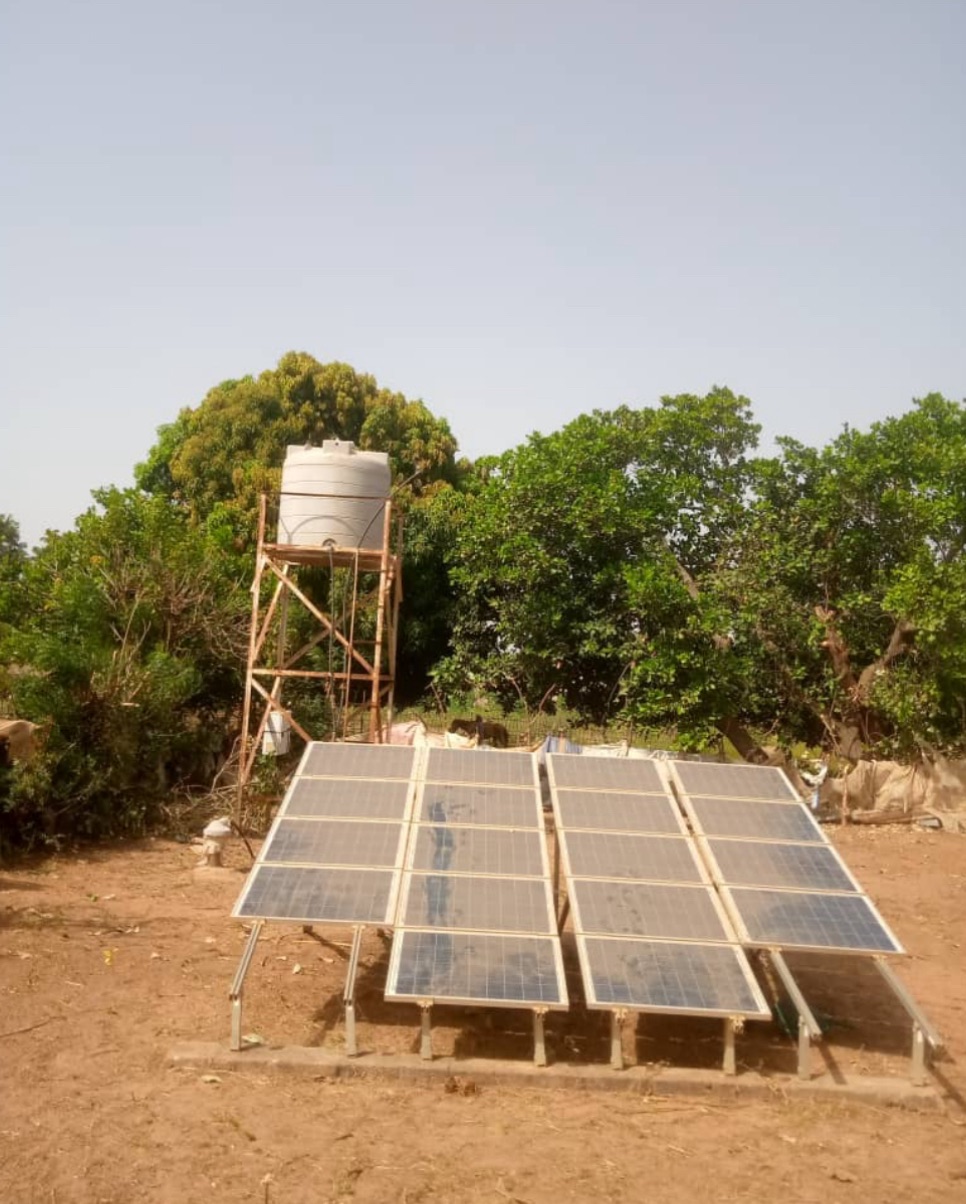The 2024 National Budget Speech delivered by Gambia’s Minister of Finance and Economic Affairs Hon. Seedy Keita on Friday in the National Assembly (NA) has intimated that the global headline inflation is expected to decline from its peak of 8.7 percent in 2022 (annual average) to 6.9 percent in 2023.
He said this is projected to decline further to 5.8 percent in 2024 as central banks raise interest rates to combat inflation.
This year’s National Budget is centered on, “Consolidating Recovery and Accelerating Reforms towards Building Economic Resilience and Improving the Wellbeing of The Population’’.
“For developments in the Global Economy, gloomy developments in 2022 have been followed by an increasingly resilient global economy, driven largely by the improvement in the services sector.
The global supply chain continued to recover from the devastating impact of the COVID-19 pandemic, helping to mellow down energy and food prices from their war-induced peak. In May 2023, the World Health Organization (WHO) declared that COVID-19 is no longer considered as a “global health emergency,” he said.
He added that concerns about the banking sector’s stability have subsided thanks to the forceful response of policymakers in the US and Switzerland.
“Notwithstanding, the headwinds that dampened growth in 2022 continue to constrain economic activities in 2023. Inflation remains high and continues to erode household purchasing power; monetary policy tightening in response to record-high inflation has raised the cost of borrowing, restricting credit to productive sectors; China’s pace of recovery has slowed; and geopolitical tensions are far from over.
Higher interest rates adversely pass through on public finances, especially in developing countries struggling with increasing debt servicing payments, limiting the ability of fiscal authorities to respond to emerging challenges and to invest in infrastructure and social sectors such as health and education,” he disclosed.
He added that output losses compared with pre-pandemic levels remain large, especially in developing countries. 10. Overall, the global economy is expected to slow down from 3.5 percent in 2022 to 3.0 percent in 2023 and 2.9 percent in 2024, according to IMF projections.
He also said, that while the forecast for 2023 is modestly higher than initially predicted, it remains well below the historical (2000–19) annual average of 3.8 percent.
“Across regions, growth is generally strongest in emerging Asian economies and weakest in the United States and major European economies. Advance economies are expected to experience a pronounced growth slowdown of 1.5 percent in 2023, from 2.6 percent in 2022. Baseline growth in the United States is estimated at 2.1 percent in 2023, owing to resilient consumption growth and stronger business investment in the second quarter of 2023, before declining to 1.5 percent in 2024.
This resilience in consumption in the U.S. reflects gains in real income and a recovery in vehicle purchases due to still-tight labour market conditions. In the Euro Area, growth is expected to decline from 3.3 percent in 2022 to 0.7 percent in 2023, before increasing to 1.2 percent in 2024 given improved prospects for tourism and services in Italy and Spain. In Germany however, growth is expected to contract from 1.8 percent in 2022 to -0.5 percent in 2023 due to fragility in manufacturing output and slower trading-partner demand (IMF, October 2023 World Economic Outlook),” Governor said on Friday.
He explained that the economic growth in emerging markets and developing economies is projected to be broadly stable at 4.0 percent in both 2023 and 2024, adding that this stable average rate masks wide growth variations between countries and among regions in this group of economies.
According to him, in Emerging and Developing Asian countries, growth is expected to increase from 4.5 percent in 2022 to 5.2 percent in 2023 owing to an expected rebound in China from 3 percent in 2022 to 5.0 percent in 2023 (IMF, October 2023 World Economic Outlook).
He pointed out that China’s relatively strong growth performance is driven by a recovery in consumption. Stronger-than-expected net exports offset underperformance in investment caused by the ongoing real estate downturn in the country.
He further disclosed that real GDP for Emerging and Developing countries in Europe is expected to increase by 1.6 percentage points owing to stronger-than-expected performance in Russia.
He added that the Russian economy registered a growth rate of 2.2 percent in 2023, from a recession of -2.1 percent in 2022, strengthened by a substantial fiscal stimulus, strong investment, and resilient consumption in the context of a tight labor market (IMF, October 2023 World Economic Outlook).
He said that on the other hand, growth outlooks have been deteriorating in Latin America and the Caribbean, Middle East and Central Asia, and Sub-Saharan Africa, noting that in Latin America and the Caribbean, real GDP growth is expected to decline from 4.1 percent in 2022 to 2.3 percent in both 2023 and 2024, due to weak recovery in two of the region’s largest economies (Brazil and Mexico).
“Sub-Saharan Africa’s economic outlook remains subdued on the back of deteriorating external environment. Growth is expected to fall from 4.0 percent in 2022 to 3.3 percent in 2023 before picking up to 4.0 percent in 2024. The downgrade in 2023 largely reflects pessimistic growth projections for both Nigeria and South Africa, the region’s two biggest economies. In Nigeria, growth is projected to shrink to 2.9 percent in 2023 due to security concerns in the oil sector. Likewise, in South Africa, growth is projected to drop to 0.9 percent in 2023 hindered by power shortages, weaker commodity prices, and the challenging external environment,” Governor Saidy explained.
He stated that global inflation remains high due to high energy and food prices. Global Crude Oil Prices saw their biggest monthly increase since January, which was attributed to the decision by OPEC to cut production levels.
According to him, the FAO Food Price Index increased by 19.7 percent due to the suspension of the Black Sea Grain Initiative and India’s ban on exporting non-basmati white rice. International rice prices, in particular, continued to surge, reaching the highest level in almost 12 years.
He added that monetary tightening around the world and geopolitical tension will continue to weigh on economic activities.




